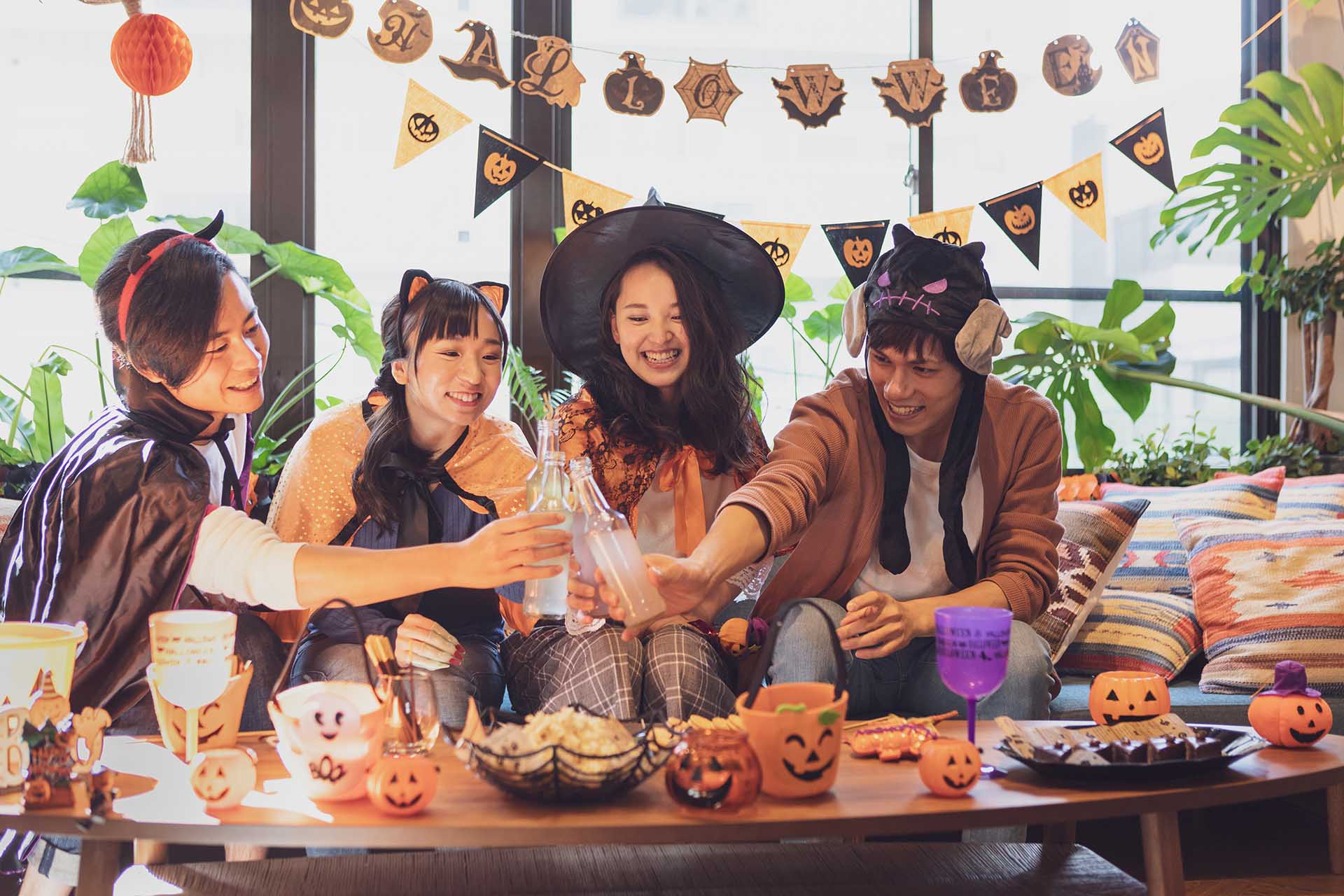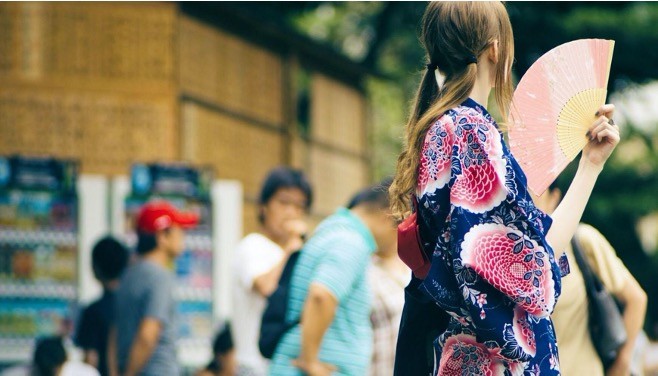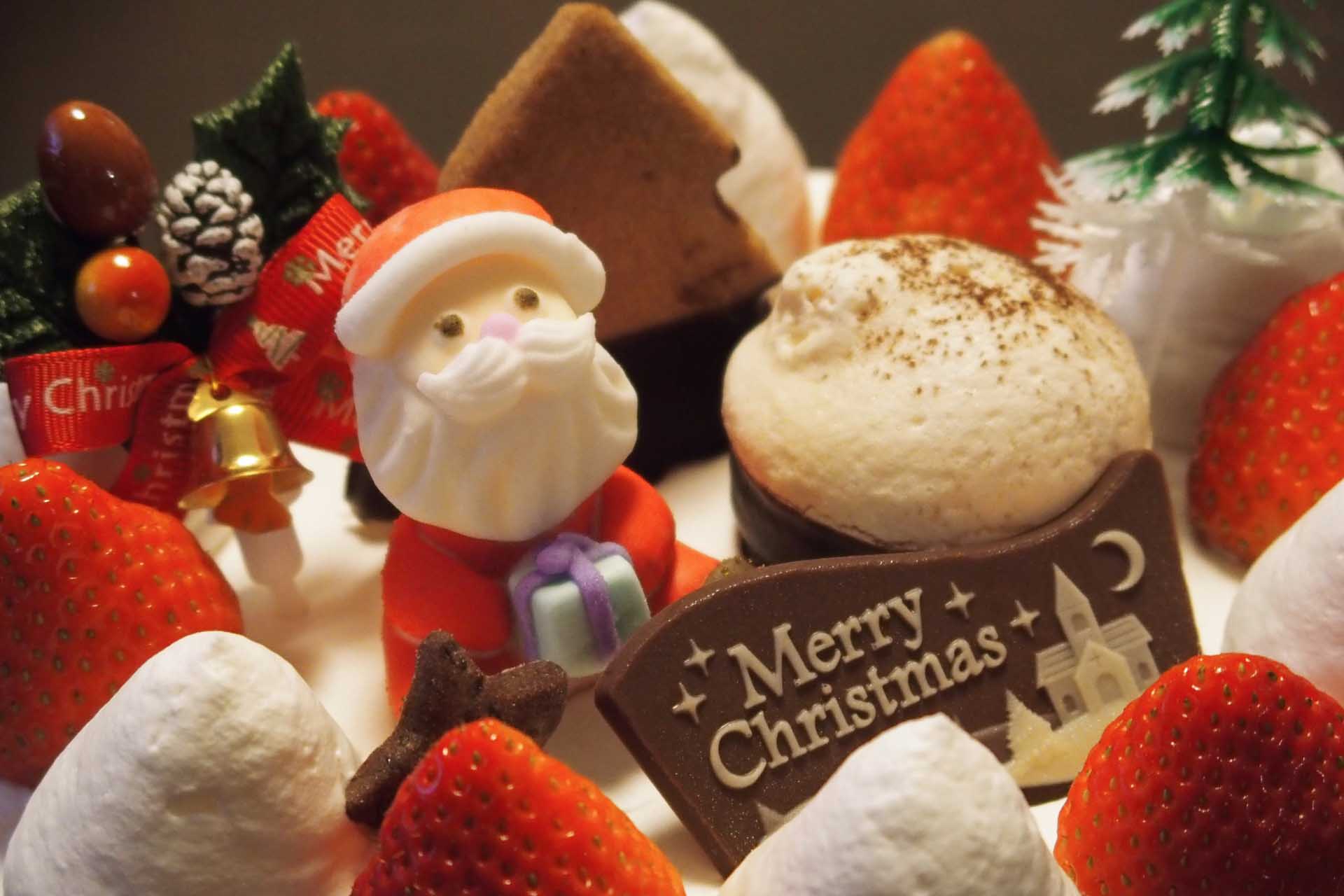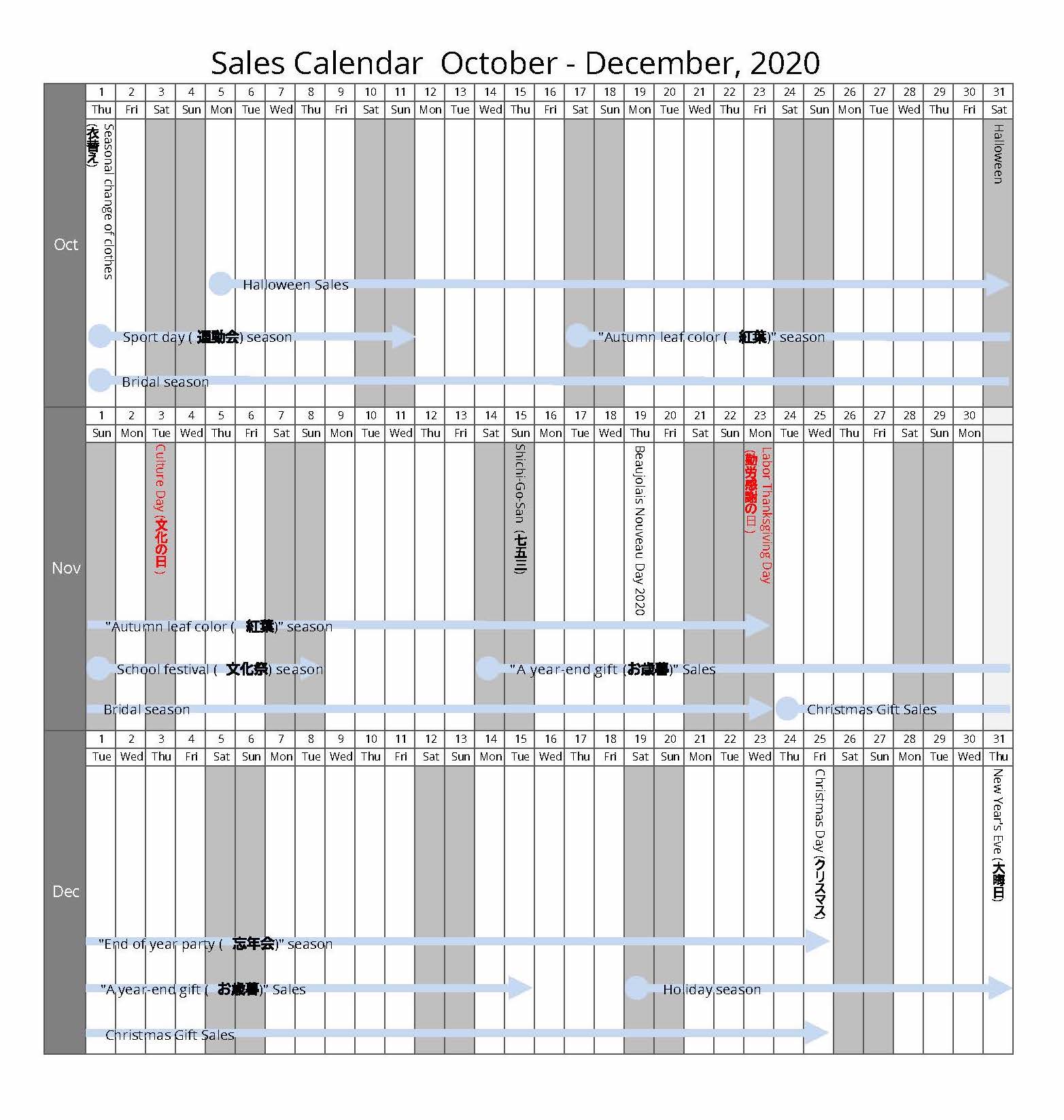Insights >
A guide on building a marketing calendar for the Japanese market (Part 2: Summer/Autumn)


New: 2025 Travel Industry Trend Report | download for FREE >>


All marketers should have a marketing calendar to help plan and execute content. Moreover, every market should have its own calendar since different countries have different holidays and seasons depending on the region. For those promoting their business in the Japanese market, you should be aware of Japan’s seasonality and unique set of holidays, celebrations and events that are very specific to the market. This is important in understanding how to plan your marketing activities and allocate your budget accordingly.
Once you have read and understood the basics of how to successfully enter the Japanese market, either from the PPC or Social Media point of view, it’s time to start planning your marketing activities. Let’s take a look at the calendar and breakdown of each holiday by season.

This is not related to any holiday or event in particular, but it’s worth mentioning that summer in Japan is extremely hot, and the temperature is going up each year. As you can imagine, in this season you will see a rise in searches for products which help people stay cool and protected from the strong sunlight.
Something that is very Japanese that almost all salary men and women receive is summer and winter bonuses. In fact, company employees rely on this extra income to fund their summer vacations.
Schools go on a break for summer in mid July, but the biggest summer holiday occurs mid August called obon. Obon is a time when the travel industry thrives as people typically take about a week off to visit family. It is a holiday tradition for celebrating ancestors. In combination with this event, people might enjoy outdoor activities which have seen a trend in recent years.
In addition, there is another string of holidays during Silver Week which usually takes place around mid September. Similar to Golden Week, it’s a holiday which combines two national holidays (Respect-for-the-aged Day and Autumnal Equinox Day) and together, they create a long weekend. Also, for Respect-for-the-aged Day, there is a custom to send gifts to elder family members.

Halloween has become one of autumn’s major events in recent years, just like Christmas and Valentine’s day. It’s particularly popular amongst young people, as they dress up to meet up with friends or go to parties in town. Many industries such as theme parks, restaurants and department stores actively run Halloween promotions during this season.
Another big event in autumn is the colouring of autumn leaves. Like cherry blossoms, the start of the season depends on each year, but starts around the beginning of November. People travel to enjoy the beautiful colours of autumn leaves, and tourists from all over the world visit famous locations for it, such as Kyoto.
There is another gift sending custom in Japan similar to the aforementioned ochu-gen, called oseibo (a year-end gift). Japanese people send gifts to their relatives, business clients and other associates at the end of a year to express their appreciation for their kindness during the year. Popular gift items again are food and drinks.
Christmas in Japan is not only a family event, but also an event for young couples to exchange gifts. In addition to gifts for children, there is an increase in purchases of accessories for women and leather goods for men. We have also seen an increase in the number of searches for party dresses. Restaurants, hotels and department stores promote special services and products targeting couples for romantic experiences.
Finally, it’s another holiday season at the end of the year. During this time in Japan, many people travel or return to their hometowns as companies and offices officially close for the holidays. This is the most prosperous time of the year for the travel industry together with Golden Week. There will also be an increase in the number of searches for travel-related items and resort clothing.

Make sure to read about how to create a Japanese marketing calendar for the winter and spring if you haven’t already seen our previous guide.
As you can see, there are a number of holidays and events that are specific to the Japanese market. It’s crucial to factor in these events to approach the right audience at the right time to maximise your marketing efforts. At DMFA, account managers specialised in Japanese digital marketing will help you plan your marketing activities considering specific seasonal elements according to your industry. Contact us to learn more about content marketing and online advertising in Japan.